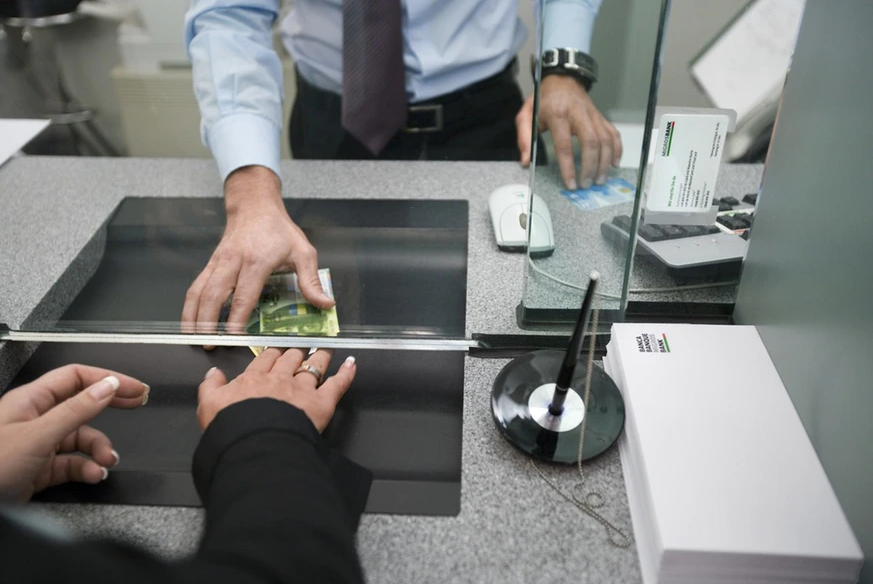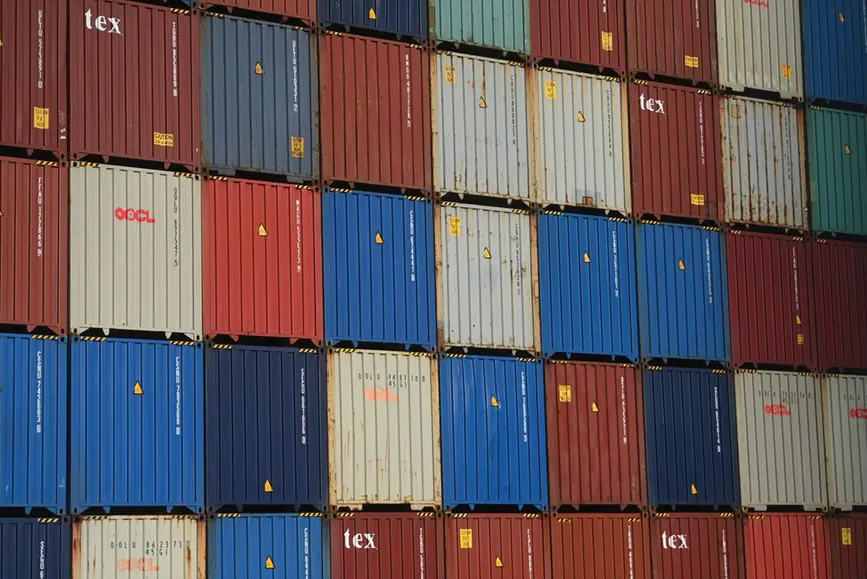Thousands of Ukrainian refugees are finding that Swiss banks are refusing to convert the cash they brought with them into francs. More than 20,000 people fleeing the Ukraine war have registered in Switzerland so far. But they rely on the goodwill of Swiss families or state to support them as none can pay their way using the hryvnia currency that they have brought with them. Ukranian refugees with a special S PermitExternal link can open a Swiss bank account but all banks are refusing to accept hryvnia as they fear being stuck with the currency. Concerns are that this would incur losses in the likely event that the franc appreciated against the hryvnia. Under normal times, the Swiss and Ukrainian central banks would arrange a swap facility for their
Topics:
Swissinfo considers the following as important: 3.) Swissinfo Business and Economy, 3) Swiss Markets and News, Business, Featured, newsletter
This could be interesting, too:
Nachrichten Ticker - www.finanzen.ch writes Die Performance der Kryptowährungen in KW 9: Das hat sich bei Bitcoin, Ether & Co. getan
Nachrichten Ticker - www.finanzen.ch writes Wer verbirgt sich hinter der Ethereum-Technologie?
Martin Hartmann writes Eine Analyse nach den Lehren von Milton Friedman
Marc Chandler writes March 2025 Monthly
Thousands of Ukrainian refugees are finding that Swiss banks are refusing to convert the cash they brought with them into francs.
More than 20,000 people fleeing the Ukraine war have registered in Switzerland so far. But they rely on the goodwill of Swiss families or state to support them as none can pay their way using the hryvnia currency that they have brought with them.
Ukranian refugees with a special S PermitExternal link can open a Swiss bank account but all banks are refusing to accept hryvnia as they fear being stuck with the currency. Concerns are that this would incur losses in the likely event that the franc appreciated against the hryvnia.
Under normal times, the Swiss and Ukrainian central banks would arrange a swap facility for their respective currencies. But war-ravaged Ukraine currently needs all its money to fight Russian invaders and to fund food and medicines for the population that has remained at home.
For this reason, the National Bank of Ukraine has suspended foreign exchange trading.
Same problem elsewhere
Ukrainian refugees are facing the same problem in other European countries. The European Union and European Central Bank are thought to be close to finding a solution, but the process has been fraught with difficulties.
The main problem has been agreeing on who will guarantee potential losses on the exchange process.
The Swiss government, central bank and Swiss Bankers Association are also grappling with the same complicated issue. Although the three parties are in discussion, there appears to be no answer to date.
The Swiss National Bank (SNB) told Swiss public broadcaster SRF that the exchange of foreign cash is the function of commercial banks, not the central bank.
Geldcast takes on the issue
Economist Fabio Canetg has suggested two possible solutions in his podcast, Geldcast, which he produces for SWI swissinfo.ch.
The first would involve the SNB buying hryvnia from commercial banks, with the state guaranteeing to underwrite any losses if the currency falls in value.
Canetg also proposes that the government and SNB could set up a special fund, in a similar vein the Stability Fund used to bail out UBS bankExternal link after the financial crisis. In this case, the fund would take receipt of hryvnia instead of toxic bank assets.
“The federal government could deposit Swiss francs into this fund which would then be used to buy Ukrainian currency,” he said. This would allow banks to accept hryvnia from refugees and then sell this currency the special fund in exchange for Swiss francs.
The fund would then sit on this hryvnia until the Ukraine war is over and then sell it to the Ukrainian central back.
Tags: Business,Featured,newsletter










